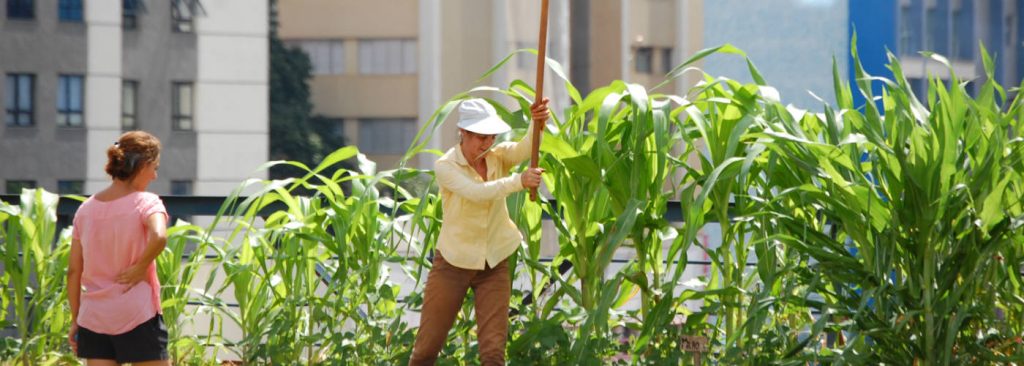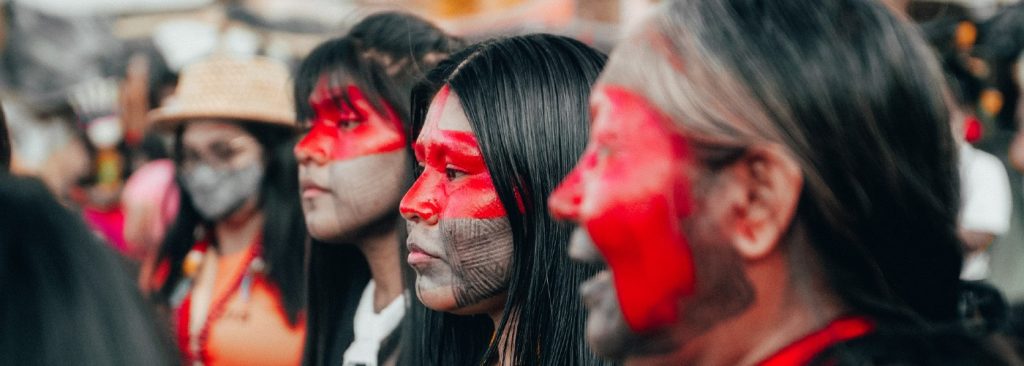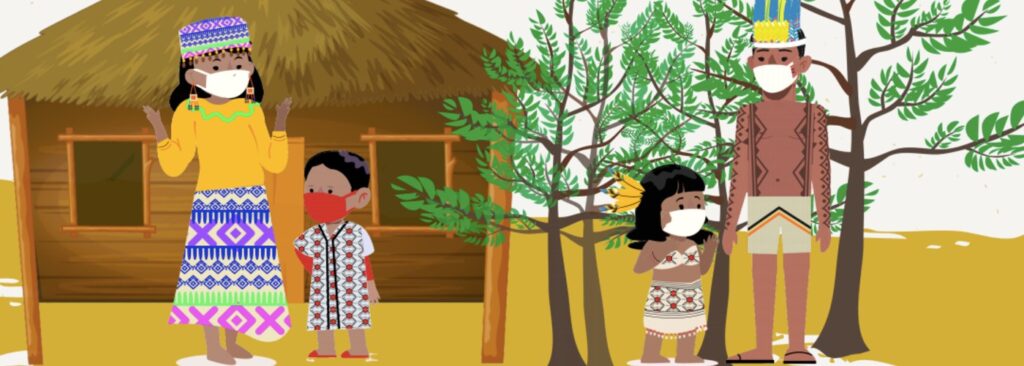The climate crisis is here. And will get much worse if we don’t drastically change our ways. The World Meteorological Organization report ‘State of the Global Climate 2020′ detailed a year of record greenhouse gas concentrations, rising temperatures, sea level rise, melting ice and glaciers, and extreme weather. And the conclusions of the intergovernmental panel on climate change were also frighteningly clear. That’s why this year’s UN Climate Change Conference – COP26 – is its most critical edition to date.
We focus our work on the priorities and agency of those disproportionally impacted by climate change.
At the 26th Conference of the Parties of the United Nations Convention on Climate Change, starting the first of November in Glasgow, Hivos will join countries, organizations, companies, and citizens to accelerate action and increase accountability to fulfill the goals of the Paris Agreement.
For us, climate action is political
There are many ways to get involved in climate action. As Hivos, we choose to act politically. We recognize that limiting global temperature rise to within 1.5 degrees calls for such a radical transformation of our economic and social systems that most world leaders simply lack the political will to back up the commitments they made under the Paris Agreement with concrete, immediate action.
What we need is a groundswell of diverse rightsholders and movements coming together everywhere to engage in decision-making processes themselves, hold duty bearers to account, and pressure governments and the private sector into taking ambitious climate action – now.
Justice, equity and human rights
In this context, Hivos works with key rightsholder groups and social movements from the Global South in putting justice, equity and human rights at the core of global climate action. We focus our work on the priorities and agency of those disproportionally impacted by climate change. In Africa, Latin America, the MENA region and Asia, we document the evidence, create awareness, mobilize civic action, and promote transparency and accountability, to create pressure for the systemic change that is required to achieve climate justice.
At COP26, together with our partners, we will elevate our voice for the integration of social and economic rights in the international climate agenda. With this purpose, we will focus our advocacy efforts on:
- Increasing climate finance for local solutions
- Guaranteeing a gender-just energy transition
- Protecting Indigenous rights and forests
- Enabling locally-led adaptation and resilient city food systems
- Promoting a just economic transition that generates jobs for key rightsholder groups, like youth and women
Linking, learning and reshaping climate narratives
We also see COP26 as a key forum where we can expand the networks of rightsholders working on Climate Justice and exchange knowledge and lessons learned on strategies to advance Climate Justice. We will do this at various side events we are co-organizing and with our support for our partners participating in COP26.
Additionally, Glasgow is the perfect setting to work with creatives and activists in shaping narratives that promote Climate Justice, inspire behavioral change, and help the global movement grow.
International climate advocacy, reshaping narratives, and linking and learning on all the issues mentioned above is at the core of the work we currently do on Climate Justice in 17 countries across the global South through programs like Voices for Just Climate Action, ENERGIA, All Eyes on the Amazon, GreenWorks, and RUAF. By focusing on political, financial and behavioral interventions, we believe we can trigger positive tipping points of transformational social change, both in global climate action and at COP26.
Please reach out to our Climate Justice Strategy & Impact lead Carolina Zambrano-Barragán if you have any questions about Hivos’ work on Climate Justice. And e.g. which Hivos people are present at the COP26.
At the COP26 negotiators and political leaders of 194 countries will address four priority issues:
- Secure global net zero by mid-century and keep 1.5 degrees within reach, which means: raising ambition and increasing climate-related commitments
- Adapt to protect communities and natural habitats. The UN: “At COP26 we need to work together to enable and encourage countries affected by climate change to protect and restore ecosystems and build defenses (…) to avoid loss of home, livelihoods and even lives.”
- To deliver the first two goals, developed countries must make good on their promise to mobilize at least $100 bn in climate finance per year.
- Working together to deliver. At the COP26 the Paris Rulebook should be finalized and all parties should accelerate action to tackle the climate crisis.
Additionally, several countries and non-state actors are expected to unveil new partnerships and pledges to divest from fossil fuels, reduce coal use and methane emissions, protect forests, and build resilience, among other topics.






